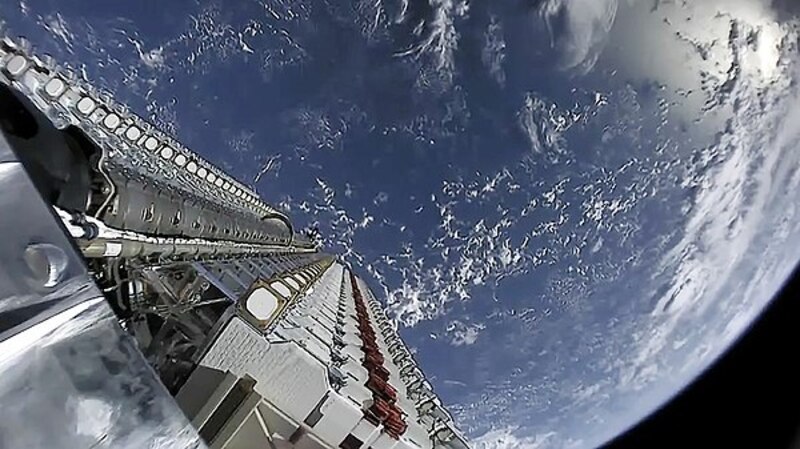
Starlink's, Africa's Technological Dilemma: A Clash Of Innovation And Regulation
Africa
Technology
Starlink has been facing different challenges in Africa, as it seeks entry into the continent’s market. The company seeks to revolutionize the Internet space in Africa by making it affordable and convenient to all users. Since it got into the Kenya market in July 2023, it has created competition to the local Internet providers. Despite being one of the largest Internet providers in Kenya, Companies like Safaricom have been on the receiving edge as people seek new Internet services from Starlink. Its competitive pricing has made it possible for people to experience high Internet speeds, as compared to the local Internet service providers whose speeds are slow, and yet the services are expensive. The local Internet service providers are of the view that they're going to be erased from the market if the government does not take measures against Starlink. The Communication Authority of Kenya (CA) has sought guidance from the United Nations International Telecommunication Union to develop policies for international satellite Internet providers like Starlink.
For security concerns, Safaricom, a local Internet provider has suggested to Starlink to Partner with local Internet service providers. Starlink has faced legal challenges as the local Internet service provider tries to ensure that Starlink does not control the Internet market share in Kenya. The complexities of integrating new technologies like satellite Internet by Starlink into existing market structures in Kenya have also been experienced by the company in Namibia, Africa. The company which is owned by Elon Musk‘s SpaceX has received an order from the Communications Regulatory Authority of Namibia (CRAN) to cease operations in the country. The Communications Regulatory Authority of Namibia has cited that Starlink does not have a license from the government to run its satellite Internet service in Namibia. Namibia is a country with vast rural areas which have limited Internet infrastructure. Starlink had been seen as a beacon of hope for the remote areas in Namibia by providing Internet to the users in the rural areas. Starlink high-speed Internet was not only appealing to Internet users in Kenya but also to those in Namibia. The regulatory authority in Namibia has not only stopped Starlink from operating in the country but also confiscated equipment from consumers and initiated legal processes against individuals using the company's equipment. Until Elon Musk Starlink receives an operating license from the government, it won't be resuming operations anytime soon in Namibia. Africa still experiences low Internet penetration. It is only countries like Morocco Libya and Seychelles that have the highest Internet penetration in the continent at an average rate of 80% with other African countries grappling with affordability and accessibility to Internet services. As the continent continues to grow, the demand for Internet services has also increased. The local Internet service providers in Africa are unable to deliver consistent broadband Services in the rural and urban setups. It is for this reason that innovative companies like Starlink are seeking to bridge that gap. With the company being faced with Challenges in Kenya and Namibia, it highlights the need for innovative companies that would like to expand in Africa to adhere to regulatory policies. The local Internet service providers will also have to provide better services to the users if they want to stay afloat in the market.
